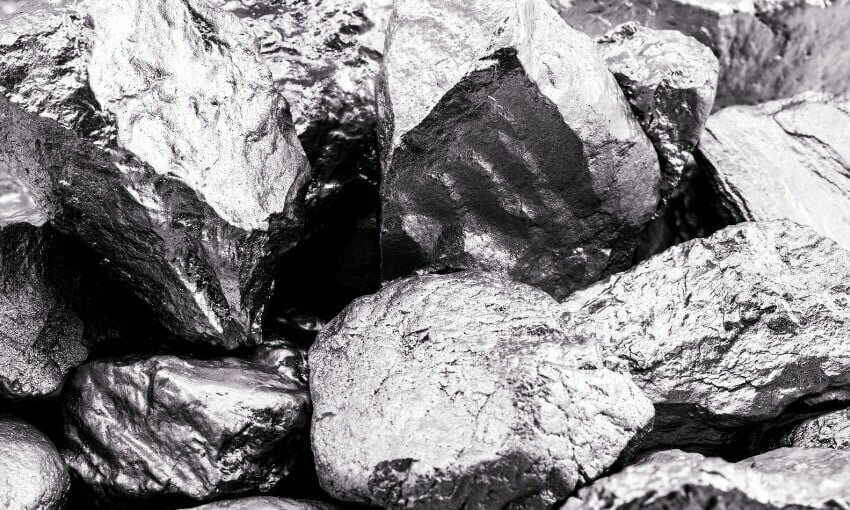 (Credit: Canva Pro)
(Credit: Canva Pro)The United States is investing $30 million to help improve the domestic supply chain of rare earth minerals, which are key components of clean energy platforms.
The investment through the Department of Energy is set to reduce the costs associated with onshore production of rare earths and critical minerals, all while harnessing domestic coal-based resources. This particular move has the potential to reduce the United States' dependency on foreign supplies while advancing President Biden's growing climate and energy goals.
Rare earth and critical minerals play a vital role in the production of clean energy technologies, including solar panels, wind turbines, electric vehicles, and hydrogen fuel cells. However, more than 80% of the U.S. rare earth demand currently relies on international suppliers.
To counter this, the DOE's funding initiative aims to explore the use of unconventional sources, such as domestic coal, coal waste, and associated by-products, to establish a robust domestic supply chain.
This initiative also intends to create jobs in communities historically reliant on fossil energy resources, which is meant to align with the Justice40 Initiative, an equity-seeking project.
The funding opportunity from the DOE also invites research proposals for laboratory and bench-scale testing of economically viable and environmentally friendly extraction, separation, and refining technologies. These technologies will initially target unconventional coal-based resources, with the ultimate goal of producing rare earths and critical minerals for clean energy, national defense, and commercial applications.
The DOE's commitment to critical minerals and materials extends beyond this funding initiative.
Since January 2021, the Office of Fossil Energy and Carbon Management (FECM) has funded $41 million in projects supporting exploration, resource identification, production, and processing of critical minerals and materials. This includes $16 million from the Bipartisan Infrastructure Law to fund detailed engineering and cost studies for a domestic facility focused on extracting and separating rare earth elements and critical minerals from unconventional sources like mining waste.
FECM's broader mission is to minimize the environmental and climate impacts of fossil fuels and industrial processes while working towards achieving net-zero emissions across the economy. This involves advancing technologies such as carbon capture, carbon conversion, carbon dioxide removal, and, crucially, critical minerals production.
As part of the Justice40 Initiative, the application process must reflect a commitment to environmental justice and community engagement. Applicants are expected to demonstrate how their projects will deliver economic and environmental advantages, engage communities and stakeholders proactively, foster diversity, equity, inclusion, and accessibility, and promote workforce development. Reporting on these activities and outcomes will be integral to project oversight, according to the DOE.